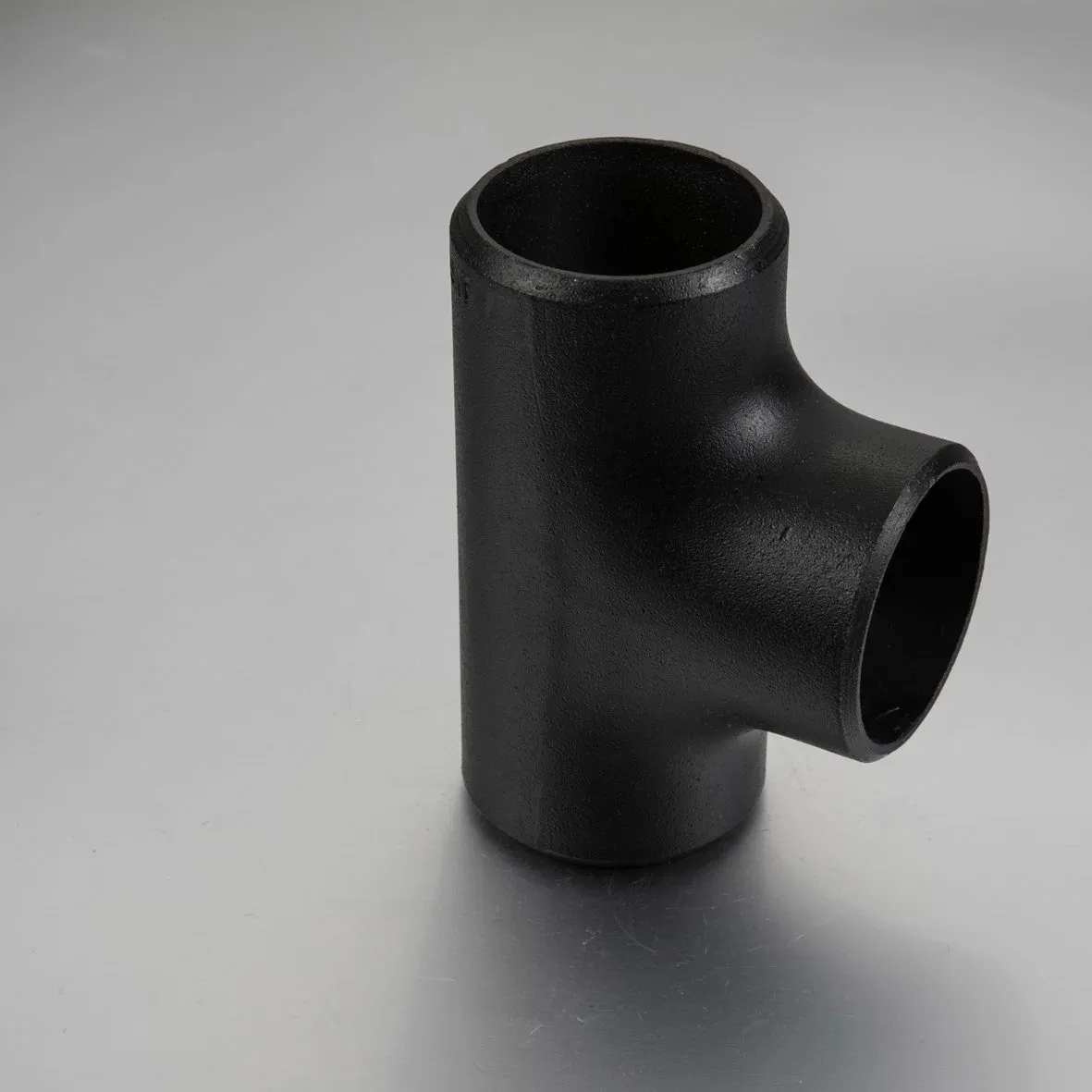-
Cangzhou Yulong Steel Co., Ltd.
-
Phone:
+86 13303177267 -
Email:
admin@ylsteelfittings.com
- English
- Arabic
- Italian
- Spanish
- Portuguese
- German
- kazakh
- Persian
- Greek
- French
- Russian
- Polish
- Thai
- Indonesian
- Vietnamese
- Zulu
- Korean
- Uzbek
- Hindi
- Serbian
- Malay
- Ukrainian
- Gujarati
- Haitian Creole
- hausa
- hawaiian
- Hebrew
- Miao
- Hungarian
- Icelandic
- igbo
- irish
- Japanese
- Javanese
- Kannada
- Khmer
- Rwandese
- Afrikaans
- Albanian
- Amharic
- Armenian
- Azerbaijani
- Basque
- Belarusian
- Bengali
- Bosnian
- Bulgarian
- Catalan
- Cebuano
- China
- China (Taiwan)
- Corsican
- Croatian
- Czech
- Danish
- Esperanto
- Estonian
- Finnish
- Frisian
- Galician
- Georgian
- Kurdish
- Kyrgyz
- Lao
- Latin
- Latvian
- Lithuanian
- Luxembourgish
- Macedonian
- Malgashi
- Malayalam
- Maltese
- Maori
- Marathi
- Mongolian
- Myanmar
- Nepali
- Norwegian
- Norwegian
- Occitan
- Pashto
- Dutch
- Punjabi
- Romanian
- Samoan
- Scottish Gaelic
- Sesotho
- Shona
- Sindhi
- Sinhala
- Slovak
- Slovenian
- Somali
- Sundanese
- Swahili
- Swedish
- Tagalog
- Tajik
- Tamil
- Tatar
- Telugu
- Turkish
- Turkmen
- Urdu
- Uighur
- Welsh
- Bantu
- Yiddish
- Yoruba

Aug . 17, 2024 16:04 Back to list
Evaluation and Specification of Corrosion-Resistant Copper Alloys in Marine Environments
Understanding ASTM B704 A Standard for Copper-Nickel Alloy Tubes
ASTM B704 is a standard established by the American Society for Testing and Materials (ASTM) for the specification of copper-nickel alloy tubes. This standard serves as a vital benchmark for the production, testing, and application of tubes made from these alloys, which are notably used in marine, power generation, and various industrial applications. The significance of ASTM B704 lies not only in its technical specifications but also in its contribution to the quality and reliability of products derived from copper-nickel alloys.
The Composition and Properties of Copper-Nickel Alloys
Copper-nickel alloys are primarily composed of copper and nickel, with other elements such as iron and manganese possibly added to enhance certain properties. The most commonly used grades of these alloys in accordance with ASTM B704 include 90/10 (90% copper, 10% nickel) and 70/30 (70% copper, 30% nickel). These alloys are prized for their excellent resistance to corrosion, particularly in seawater environments, which makes them ideal for marine applications.
The properties of copper-nickel alloys are noteworthy. They exhibit high strength, ductility, and durability, making them suitable for a range of applications that demand materials capable of withstanding harsh conditions. In marine environments, for instance, the resistance to biofouling and corrosion is crucial for maintaining the integrity of the structures, such as ships and offshore platforms.
The Importance of ASTM B704
The ASTM B704 standard specifies the requirements for the manufacturing process of copper-nickel alloy tubes. It details the chemical composition, mechanical properties, dimensions, and testing methods. By adhering to these guidelines, manufacturers can ensure that their products meet the necessary performance criteria.
astm b704

One of the key aspects of ASTM B704 is the requirement for mechanical testing, including elongation and tensile strength, which helps to assess the material’s capability to withstand pressure and environmental stressors. The standard also emphasizes the importance of non-destructive testing, ensuring that any defects can be detected without damaging the tubes, thereby maintaining their functionality and safety.
Furthermore, compliance with ASTM B704 not only reassures manufacturers and end-users about the quality of the tubes but also facilitates international trade by providing a common understanding of what constitutes a reliable product. This standardization helps avoid discrepancies that could arise from using different specifications, thereby promoting smoother transactions and customer satisfaction.
Applications of Copper-Nickel Alloy Tubes
The applications of copper-nickel alloy tubes are extensive. In the marine industry, these tubes are commonly used for piping systems in ships, desalination plants, and offshore structures, where their resistance to seawater corrosion plays a critical role. In the power generation sector, they are utilized in heat exchangers, condensers, and evaporators, where thermal efficiency and corrosion resistance are paramount.
In addition, the oil and gas industry also employs copper-nickel tubes for their durability and performance in harsh environments. As exploration and extraction activities continue to expand in offshore locations, the demand for reliable materials that can withstand extreme conditions will likely increase.
Conclusion
In summary, ASTM B704 is a crucial standard that ensures the quality and reliability of copper-nickel alloy tubes used in various applications. By outlining specific requirements for composition, mechanical properties, and testing methods, it plays an essential role in promoting safety and efficiency in industries where these materials are utilized. As technological advancements continue to evolve, maintaining adherence to such standards will be indispensable in supporting innovation while ensuring the longevity and performance of critical infrastructure.
Latest news
-
ANSI 150P SS304 SO FLANGE
NewsFeb.14,2025
-
ASTM A333GR6 STEEL PIPE
NewsJan.20,2025
-
ANSI B16.5 WELDING NECK FLANGE
NewsJan.15,2026
-
ANSI B16.5 SLIP-ON FLANGE
NewsApr.19,2024
-
SABS 1123 FLANGE
NewsJan.15,2025
-
DIN86044 PLATE FLANGE
NewsApr.19,2024
-
DIN2527 BLIND FLANGE
NewsApr.12,2024
-
JIS B2311 Butt-Welding Fittings LR/SR 45°/90° /180°Seamless/Weld
NewsApr.23,2024











